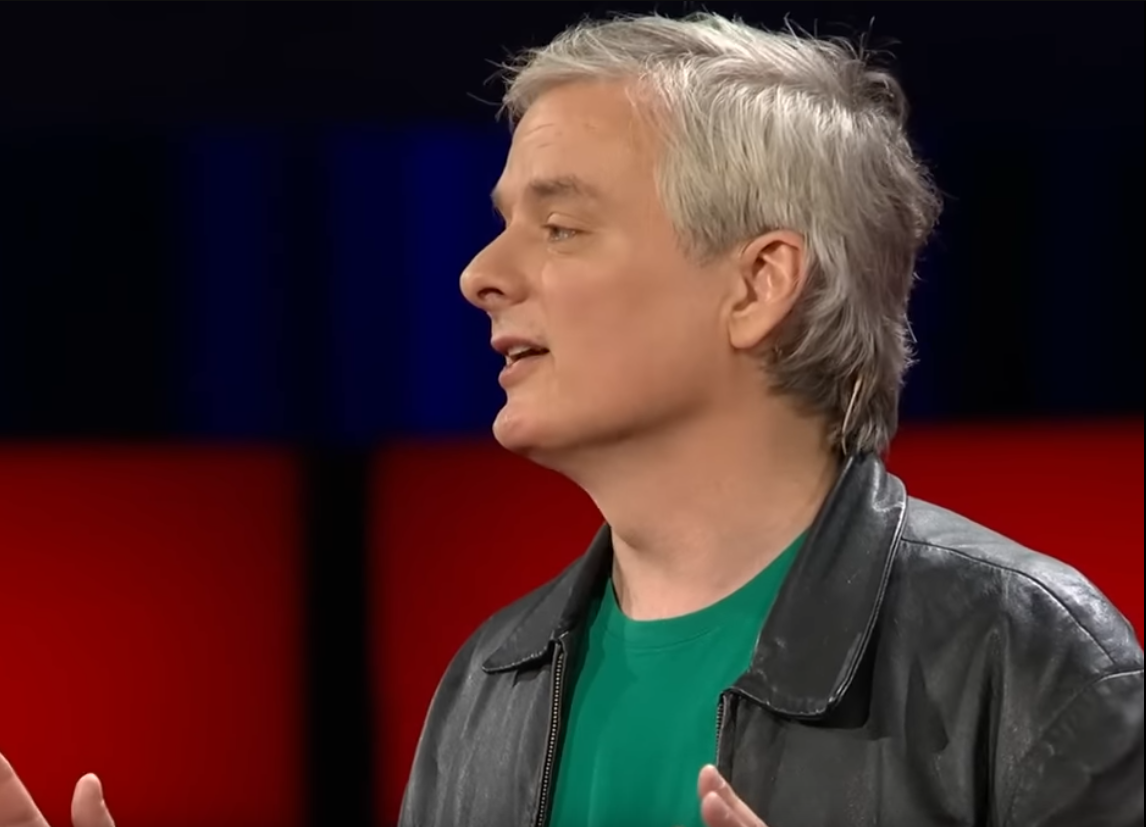Separating Consciousness as Fundamental from Panpsychism

In 2014, David Chalmers, one of the most famous philosophers studying consciousness, delivered a TED Talk that has since amassed millions of views. His succinct phrases are frequently quoted.
However, one little section has not gotten much attention, which I think is the most important for consciousness studies: David Chalmers makes a critical distinction between consciousness as fundamental and consciousness as universally pervasive (panpsychism), presenting them as two separate attributes.
The video is cued to the right section.
Definitions to clarify the discussion:
- Fundamental: At its core, something fundamental is basic, essential, or underlying. It forms a necessary base or core of central importance.
- Panpsychism: This view suggests that everything material possesses an element of individual consciousness, no matter how small. Sources like Google, Wikipedia, and the Stanford Encyclopedia of Philosophy describe panpsychism as the belief that mind or a mind-like aspect is fundamental and ubiquitous across reality.
In defining panpsychism, the term 'fundamental' often appears, which can lead to confusion. Chalmers himself does not conflate fundamental consciousness with universal pervasiveness. This distinction is critical yet often overlooked.
Why separate them? Acknowledging consciousness as fundamental addresses the undeniable reality and mystery of consciousness. It's a phenomenon we must confront.
The burden of panpsychism: If we inherit this belief wholesale, we must defend various interpretations, including whether and how consciousness permeates all matter—down to rocks and atoms. Panpsychist ideas represent a frontier of knowledge we currently lack the means to fully explore further.
In closing, as Chalmers says, consciousness makes life worth living. Consciousness is the basic fact that you exist, feel, and experience. Next time you hear the word "panpsychism," you will be able to separate it from the fact that consciousness is fundamental and that they are describing two different things.


